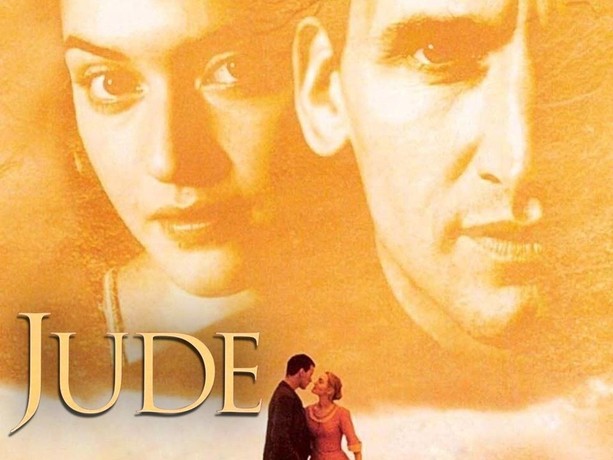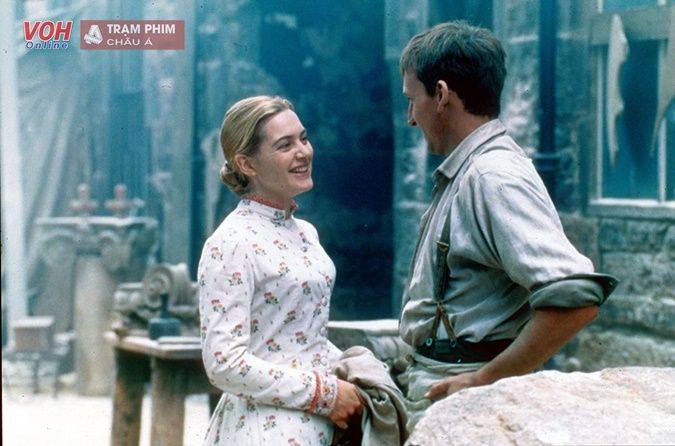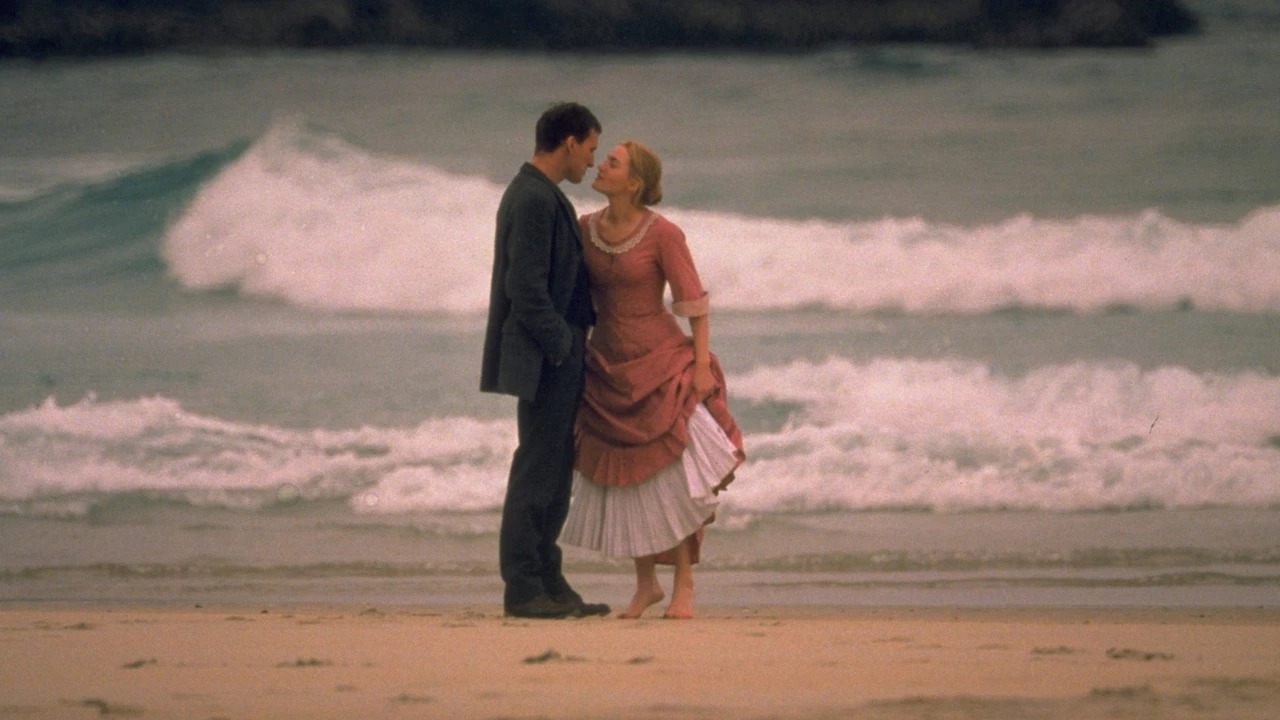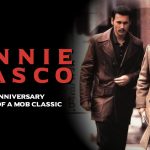Jude (1996)

Jude is a 1996 British period drama film directed by Michael Winterbottom and written by Hossein Amini. The film is based on Thomas Hardy’s 1895 novel Jude the Obscure, which explores themes of societal constraints, love, and the struggles of an ambitious man. The film is set in the late 19th century and follows the life of Jude Fawley, a young man who dreams of achieving more than his working-class origins would suggest, but finds himself trapped by both personal and social limitations. The original score for the film was composed by Adrian Johnston, adding a hauntingly beautiful layer to the emotional depth of the story.
The plot revolves around Jude Fawley (played by Christopher Eccleston), a young man from a rural village who aspires to become an academic. He moves to the city of Christminster, hoping to study at the university and change the course of his life. However, Jude’s dreams are thwarted by both his lack of formal education and the rigid class system that limits his opportunities. The film portrays Jude’s intense desire to break free from the confines of his social status, a theme that resonates with many as it speaks to universal struggles for upward mobility and self-actualization.
Throughout the film, Jude encounters several setbacks, including the complexities of love and relationships. He marries his cousin, Sue Bridehead (Kate Winslet), a progressive woman who challenges traditional norms but whose own personal struggles complicate their marriage. As their relationship unravels, Jude is forced to confront not only his aspirations but the deep emotional toll that love and society’s expectations can take. The tragic consequences of his choices unfold in a poignant and heartbreaking manner, shedding light on the despair that often accompanies unfulfilled dreams.

Jude is a film that explores the harsh realities of the human condition, particularly the constraints placed on individuals by society and the oppressive forces of class, gender, and religion. The film also addresses the fragility of love and the consequences of pursuing one’s desires in an unforgiving world. Through Jude’s personal tragedies and his struggles with the limitations placed upon him, the film reflects on the larger themes of societal judgment and the brutal truth of human existence.

One of the striking features of Jude is its cinematography, which effectively captures the bleak and oppressive atmosphere of the period. The film uses muted colors and somber lighting to mirror the grim reality of Jude’s life. The settings, from the rural countryside to the urban streets of Christminster, further emphasize the harshness of Jude’s environment, where every step forward seems to lead to another form of loss or disappointment.

The film’s score, composed by Adrian Johnston, plays a crucial role in setting the tone for the story. The music amplifies the emotional weight of the narrative, perfectly complementing the film’s themes of despair, longing, and tragedy. Overall, Jude is a powerful and emotionally charged film that stays true to Hardy’s original novel while offering a visually and emotionally compelling adaptation. It is a timeless exploration of the human spirit, ambition, and the inevitable heartbreak that accompanies striving for a better life in a world that is often indifferent to personal desires.











